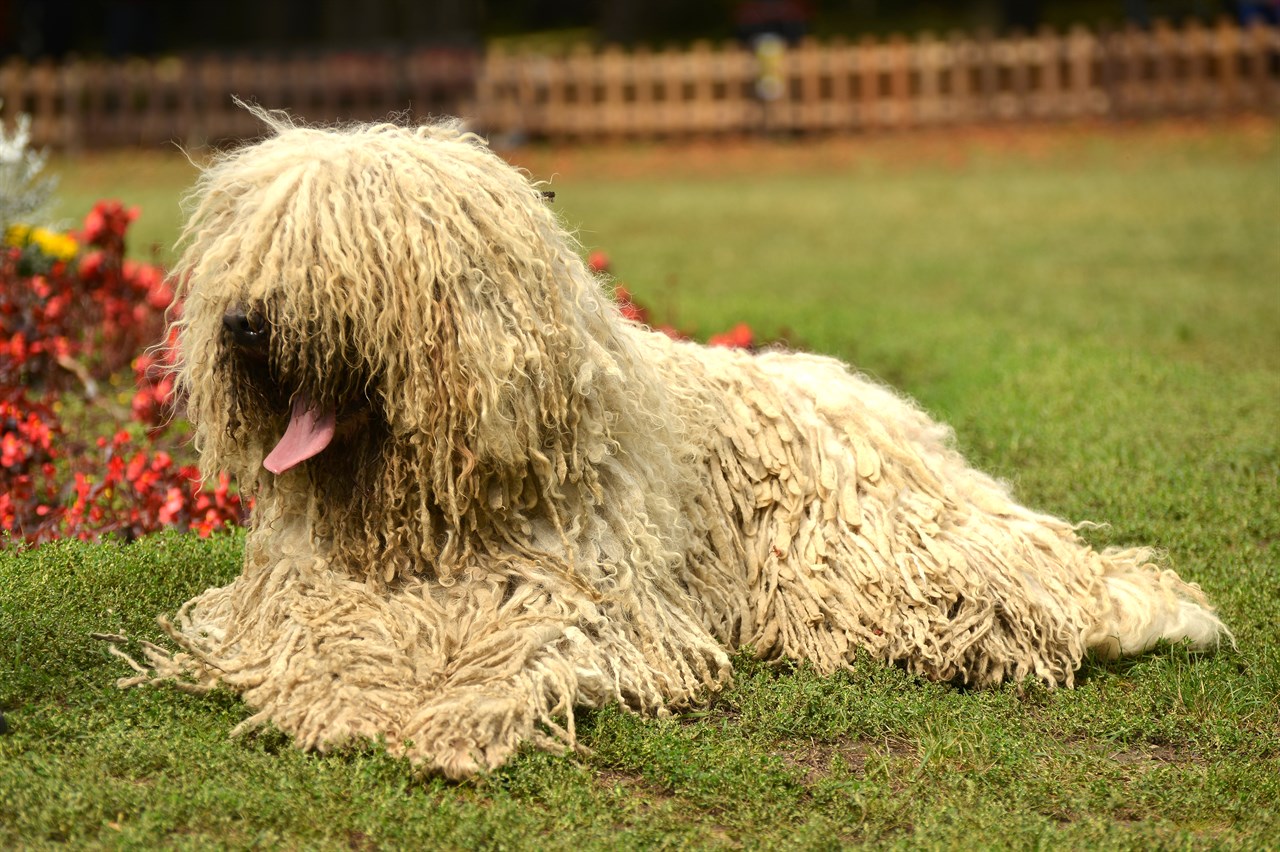Temperament, Personality, and Behaviour of the Komondor

The Komondor's temperament is a defining aspect of this ancient breed. These dogs are renowned for their protective and loyal nature, which stems from centuries of serving as livestock guardians in the harsh Hungarian plains. Understanding their temperament is essential for potential owners and anyone considering bringing a Komondor into their family.
Loyalty and Protectiveness
Komondors are incredibly loyal dogs. They form strong bonds with their human family members and take their protective role very seriously. This loyalty makes them excellent watchdogs and guardians, as they will go to great lengths to protect their loved ones and property.
Independence
While their loyalty is unwavering, Komondors also possess a level of independence. This characteristic is a product of their history as working dogs who often had to make decisions on their own while guarding livestock in remote areas. This independence can sometimes be mistaken for stubbornness, but it's an integral part of their temperament.
Reserved and Aloof
Komondors are typically reserved and aloof with strangers. This reserved nature is another aspect of their protective instinct. They are vigilant and cautious when encountering new people or situations, which can make them excellent guard dogs but may require careful socialisation to prevent excessive shyness or fearfulness.
Gentle with Family
Despite their aloofness with strangers, Komondors are known to be gentle giants when it comes to their family. They are excellent with children and can be quite affectionate with those they have bonded with. Their gentle side is a stark contrast to their protective behaviour.
Are Komondor Dogs Aggressive?
Komondors are not inherently aggressive dogs. However, their protective instincts can be mistaken for aggression, especially when they feel their family or territory is threatened. Proper training and socialisation from an early age are crucial to ensure that their protective nature does not lead to aggressive behaviour.
It's essential to understand that aggression in dogs often results from fear or insecurity, and this is where responsible ownership plays a significant role. Early and consistent socialisation can help a Komondor become well-adjusted and confident in various situations, reducing the likelihood of aggressive behaviour.
In conclusion, Komondors are known for their loyalty, protectiveness, and independence. They are not naturally aggressive but can display protective behaviour when necessary. With the right training and socialisation, they can be excellent companions and guardians, showcasing their gentle and loving side with their families.